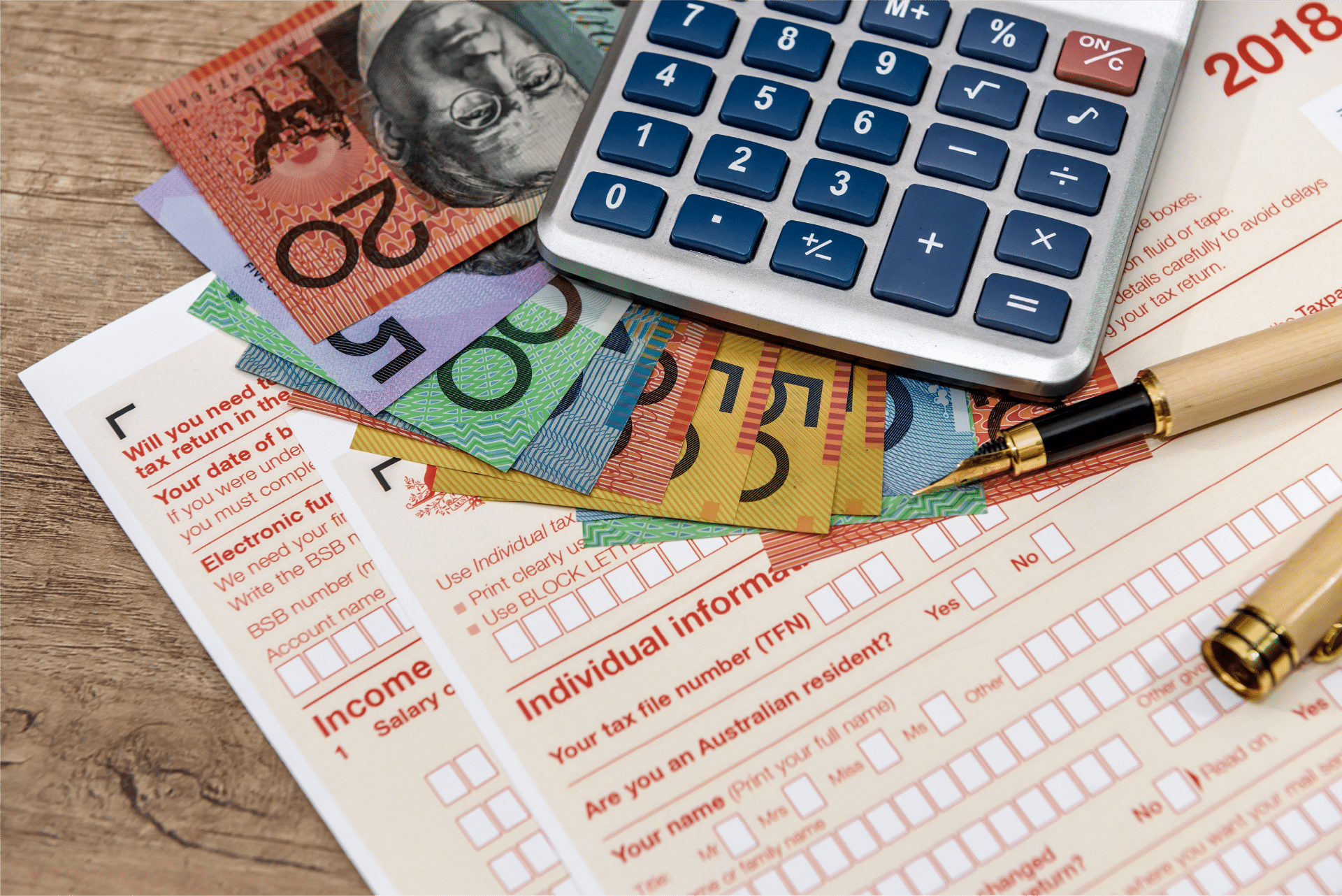Preferred office location:
Please select your nearest office location so we can show you the most relevant information.
Your preferred office location

Riaan Piek, Special Counsel discusses interest on late payments to the ATO and what your options are for reduction.
The ATO levies interest on late payments of tax and particularly unpaid taxes (known as ‘general interest charge’ (GIC)), in much the same way as late credit card payment penalties.
If a person amends their self-assessment return and ends up with an increased tax liability, the ATO charges interest on the shortfall amount determined by the difference between the amount of tax assessed originally, and the amount of tax assessed eventually. This is known as the ‘shortfall interest charge’ (SIC).
The rate of GIC and SIC imposed by the ATO is reviewed frequently and changes each quarter. Currently, GIC and SIC are charged at the highest annual rates in over a decade, at 11.34% and 7.38%, respectively.
To make matters worse, these amounts are applied on a daily compounding basis, which may in some cases cause the GIC payable to exceed the value of your principal tax liability.
Presently, GIC and SIC are considered tax deductable expenses. However, it should be noted that from 1 July 2025, you will no longer be able to claim a tax deduction for GIC and SIC incurred in FY2025 – FY2026 and probably beyond.
It is open to you to ask the ATO to waive some or all of the GIC and SIC applied against your outstanding or unpaid tax debt if you consider there are extenuating circumstances to support such a request. The ATO has a general discretion to remit interest where it considers that remission would be fair and reasonable to the general community in and given your circumstances.
If the ATO doesn’t agree to remit the GIC and/or SIC, its decision is not reviewable, whether in the Administrative Review Tribunal (previously the Administrative Appeals Tribunal) or the Federal Court of Australia. There is therefore very little that you can do to reduce your GIC and/or SIC debt if the ATO declines your request.
Accordingly, it is important that any request for remission provide a clear history and compelling reasons for the delayed or missed lodgement and/or late or non-payment. In our experience, a carefully considered submission supported by documentary evidence can significantly improve your prospects of successfully requesting remission of GIC and/or SIC.
If discharging your tax liabilities are late or your self-assessment is incorrect, you can be faced with a heavy interest charge which may exceed the amount of your principal tax debt.
As with all tax-related matters, it is critical that you act quickly. In our experience, actively engaging with the ATO can often avoid unnecessary escalation.
Our disputes team regularly represents clients in negotiations with the ATO in preparing submissions for remission of interest charges. Each case should be assessed on its own merits and having regard to your particular circumstances. To that end, please feel free to contact a member of our team if you require advice in relation to a remission application.

Please select your nearest office location so we can show you the most relevant information.